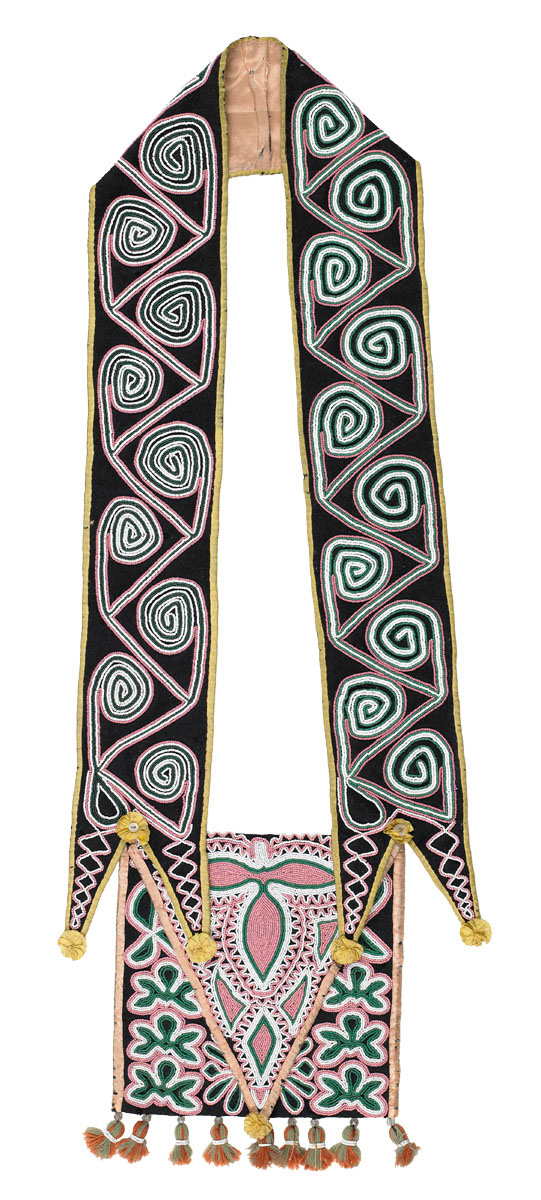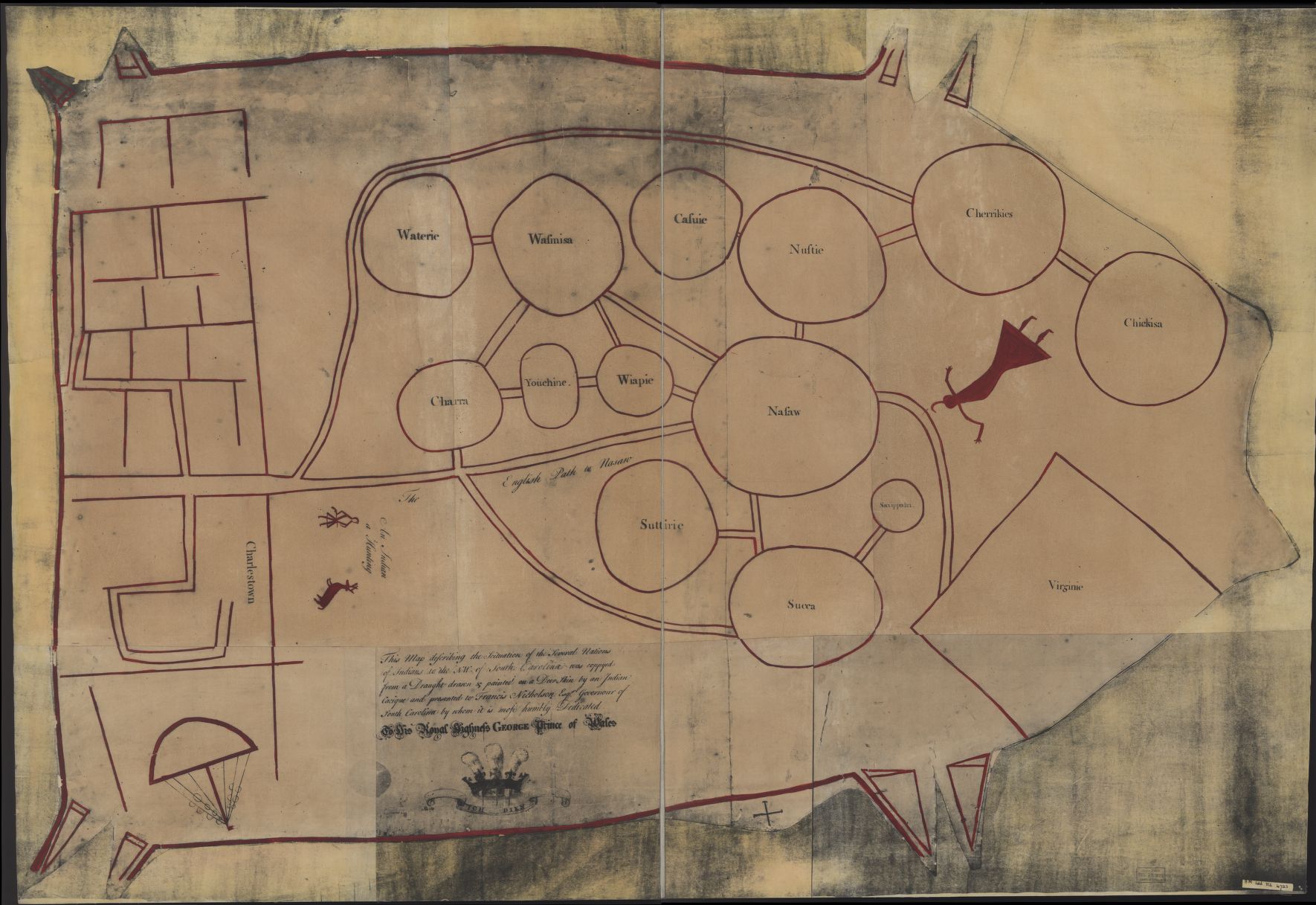|
Clarendon, Arkansas
Clarendon is a city in, and the county seat of, Monroe County, Arkansas, Monroe County, Arkansas, United States. Located in the Arkansas Delta, the city's position on the White River (Arkansas), White River at the mouth of the Cache River (Arkansas), Cache River has defined the community since first incorporating in 1859. Although the river has brought devastation and disaster to the city occasionally throughout history, it has also provided economic opportunities, transportation, recreation and tourism to the city. Once home to a variety of industries, today Clarendon's economy is largely based on agriculture. Similar to many Delta communities, the city's population has been dwindling since mechanization on the farm reduced the number of agricultural-related jobs in the area. At the 2020 census, the population was 1,526, the lowest value recorded since 1890. History Settlement through antebellum period The area around Clarendon was originally populated by various Native Americans ... [...More Info...] [...Related Items...] OR: [Wikipedia] [Google] [Baidu] |
City
A city is a human settlement of notable size.Goodall, B. (1987) ''The Penguin Dictionary of Human Geography''. London: Penguin.Kuper, A. and Kuper, J., eds (1996) ''The Social Science Encyclopedia''. 2nd edition. London: Routledge. It can be defined as a permanent and densely settled place with administratively defined boundaries whose members work primarily on non-agricultural tasks. Cities generally have extensive systems for housing, transportation, sanitation, utilities, land use, production of goods, and communication. Their density facilitates interaction between people, government organisations and businesses, sometimes benefiting different parties in the process, such as improving efficiency of goods and service distribution. Historically, city-dwellers have been a small proportion of humanity overall, but following two centuries of unprecedented and rapid urbanization, more than half of the world population now lives in cities, which has had profound consequences for g ... [...More Info...] [...Related Items...] OR: [Wikipedia] [Google] [Baidu] |
Butler Center For Arkansas Studies
The mission of the Butler Center for Arkansas Studies (est. 1997) is to promote "a greater understanding and appreciation of Arkansas history, literature, art, and culture." Named after Richard C. Butler Sr., a noted Little Rock lawyer and philanthropist, the primary function of the Butler Center is as a research library and historical archive, specializing in Arkansas related materials. In addition, the Butler Center manages an online repository of Arkansas history called ''The Encyclopedia of Arkansas History & Culture'' at the Central Arkansas Library System. Other projects of the Butler Center include the Arkansas Sounds Music Series, featuring live performances by musicians with ties to Arkansas; Radio CALS, a weekly radio show featuring music, lectures, and oral histories from the Butler Center collections; and the Arkansas Studies Institute, a joint project providing researchers access to the collections of the Butler Center and the University of Arkansas at Little Rock's C ... [...More Info...] [...Related Items...] OR: [Wikipedia] [Google] [Baidu] |
Merchant And Planters Bank 001
A merchant is a person who trades in Commodity, commodities produced by other people, especially one who trades with foreign countries. Historically, a merchant is anyone who is involved in commerce, business or trade. Merchants have operated for as long as industry, commerce, and trade have existed. In 16th-century Europe, two different terms for merchants emerged: referred to local traders (such as bakers and grocers) and ( nl, koopman) referred to merchants who operated on a global stage, importing and exporting goods over vast distances and offering added-value services such as credit and finance. The status of the merchant has varied during different periods of history and among different societies. In modern times, the term ''merchant'' has occasionally been used to refer to a businessperson or someone undertaking activities (commercial or industrial) for the purpose of generating profit, cash flow, sales, and revenue using a combination of human, financial, intellectual ... [...More Info...] [...Related Items...] OR: [Wikipedia] [Google] [Baidu] |
Joseph O
Joseph is a common male given name, derived from the Hebrew Yosef (יוֹסֵף). "Joseph" is used, along with "Josef", mostly in English, French and partially German languages. This spelling is also found as a variant in the languages of the modern-day Nordic countries. In Portuguese and Spanish, the name is "José". In Arabic, including in the Quran, the name is spelled '' Yūsuf''. In Persian, the name is "Yousef". The name has enjoyed significant popularity in its many forms in numerous countries, and ''Joseph'' was one of the two names, along with ''Robert'', to have remained in the top 10 boys' names list in the US from 1925 to 1972. It is especially common in contemporary Israel, as either "Yossi" or "Yossef", and in Italy, where the name "Giuseppe" was the most common male name in the 20th century. In the first century CE, Joseph was the second most popular male name for Palestine Jews. In the Book of Genesis Joseph is Jacob's eleventh son and Rachel's first son, and k ... [...More Info...] [...Related Items...] OR: [Wikipedia] [Google] [Baidu] |
Union Army
During the American Civil War, the Union Army, also known as the Federal Army and the Northern Army, referring to the United States Army, was the land force that fought to preserve the Union (American Civil War), Union of the collective U.S. state, states. It proved essential to the preservation of the United States as a working, viable republic. The Union Army was made up of the permanent Regular Army (United States), regular army of the United States, but further fortified, augmented, and strengthened by the many temporary units of dedicated United States Volunteers, volunteers, as well as including those who were drafted in to service as Conscription in the United States, conscripts. To this end, the Union Army fought and ultimately triumphed over the efforts of the Confederate States Army in the American Civil War. Over the course of the war, 2,128,948 men enlisted in the Union Army, including 178,895 United States Colored Troops, colored troops; 25% of the white men who s ... [...More Info...] [...Related Items...] OR: [Wikipedia] [Google] [Baidu] |
Cherokee
The Cherokee (; chr, ᎠᏂᏴᏫᏯᎢ, translit=Aniyvwiyaʔi or Anigiduwagi, or chr, ᏣᎳᎩ, links=no, translit=Tsalagi) are one of the indigenous peoples of the Southeastern Woodlands of the United States. Prior to the 18th century, they were concentrated in their homelands, in towns along river valleys of what is now southwestern North Carolina, southeastern Tennessee, edges of western South Carolina, northern Georgia, and northeastern Alabama. The Cherokee language is part of the Iroquoian language group. In the 19th century, James Mooney, an early American ethnographer, recorded one oral tradition that told of the tribe having migrated south in ancient times from the Great Lakes region, where other Iroquoian peoples have been based. However, anthropologist Thomas R. Whyte, writing in 2007, dated the split among the peoples as occurring earlier. He believes that the origin of the proto-Iroquoian language was likely the Appalachian region, and the split betw ... [...More Info...] [...Related Items...] OR: [Wikipedia] [Google] [Baidu] |
Creek People
The Muscogee, also known as the Mvskoke, Muscogee Creek, and the Muscogee Creek Confederacy ( in the Muscogee language), are a group of related indigenous (Native American) peoples of the Southeastern WoodlandsTranscribed documents Sequoyah Research Center and the American Native Press Archives in the . Their original homelands are in what now comprises southern , much of , western |
Choctaw
The Choctaw (in the Choctaw language, Chahta) are a Native American people originally based in the Southeastern Woodlands, in what is now Alabama and Mississippi. Their Choctaw language is a Western Muskogean language. Today, Choctaw people are enrolled in three federally recognized tribes: the Choctaw Nation of Oklahoma, Mississippi Band of Choctaw Indians, and Jena Band of Choctaw Indians in Louisiana. The Choctaw were first noted by Europeans in French written records of 1675. Their mother mound is Nanih Waiya, a great earthwork platform mound located in central-east Mississippi. Early Spanish explorers of the mid-16th century in the Southeast encountered ancestral Mississippian culture villages and chiefs. The Choctaw coalesced as a people in the 17th century and developed at least three distinct political and geographical divisions: eastern, western, and southern. These different groups sometimes created distinct, independent alliances with nearby European powers. These i ... [...More Info...] [...Related Items...] OR: [Wikipedia] [Google] [Baidu] |
Chickasaw
The Chickasaw ( ) are an indigenous people of the Southeastern Woodlands. Their traditional territory was in the Southeastern United States of Mississippi, Alabama, and Tennessee as well in southwestern Kentucky. Their language is classified as a member of the Muskogean language family. In the present day, they are organized as the Federally recognized tribe, federally recognized Chickasaw Nation. Chickasaw people have a migration story in which they moved from a land west of the Mississippi River, where they settled mostly in present-day northeast Mississippi, northwest Alabama, and into Lawrence County, Tennessee. They had interaction with French, English, and Spanish colonists during the Colonial history of the United States, colonial period. The United States considered the Chickasaw one of the Five Civilized Tribes of the Southeast, as they adopted numerous practices of European Americans. Resisting European-American settlers encroaching on their territory, they were force ... [...More Info...] [...Related Items...] OR: [Wikipedia] [Google] [Baidu] |
Trail Of Tears
The Trail of Tears was an ethnic cleansing and forced displacement of approximately 60,000 people of the "Five Civilized Tribes" between 1830 and 1850 by the United States government. As part of the Indian removal, members of the Cherokee, Muscogee (Creek), Seminole, Chickasaw, and Choctaw nations were forcibly removed from their ancestral homelands in the Southeastern United States to newly designated Indian Territory west of the Mississippi River after the passage of the Indian Removal Act in 1830. The Cherokee removal in 1838 (the last forced removal east of the Mississippi) was brought on by the discovery of gold near Dahlonega, Georgia, in 1828, resulting in the Georgia Gold Rush. The relocated peoples suffered from exposure, disease, and starvation while en route to their newly designated Indian reserve. Thousands died from disease before reaching their destinations or shortly after. Some historians have said that the event constituted a genocide, although this label ... [...More Info...] [...Related Items...] OR: [Wikipedia] [Google] [Baidu] |
Oklahoma
Oklahoma (; Choctaw language, Choctaw: ; chr, ᎣᎧᎳᎰᎹ, ''Okalahoma'' ) is a U.S. state, state in the South Central United States, South Central region of the United States, bordered by Texas on the south and west, Kansas on the north, Missouri on the northeast, Arkansas on the east, New Mexico on the west, and Colorado on the northwest. Partially in the western extreme of the Upland South, it is the List of U.S. states and territories by area, 20th-most extensive and the List of U.S. states and territories by population, 28th-most populous of the 50 United States. Its residents are known as Oklahomans and its capital and largest city is Oklahoma City. The state's name is derived from the Choctaw language, Choctaw words , 'people' and , which translates as 'red'. Oklahoma is also known informally by its List of U.S. state and territory nicknames, nickname, "Sooners, The Sooner State", in reference to the settlers who staked their claims on land before the official op ... [...More Info...] [...Related Items...] OR: [Wikipedia] [Google] [Baidu] |
Little Rock
( The "Little Rock") , government_type = Council-manager , leader_title = Mayor , leader_name = Frank Scott Jr. , leader_party = D , leader_title2 = Council , leader_name2 = Little Rock Board of Directors , unit_pref = Imperial , area_total_sq_mi = 123.00 , area_total_km2 = 318.58 , area_land_sq_mi = 120.05 , area_land_km2 = 310.92 , area_metro_sq_mi = 4090.34 , area_metro_km2 = 10593.94 , population_as_of = 2020 , population_est = , pop_est_as_of = , population_demonym = Little Rocker , population_footnotes = , population_total = 202591 , population_rank = US: 118th , population_urban = 431,388 (US: 89th) , population_metro = 748,031 (US: 81st) , timezone = CST , utc_offset = −06:00 , timezone_DST ... [...More Info...] [...Related Items...] OR: [Wikipedia] [Google] [Baidu] |









